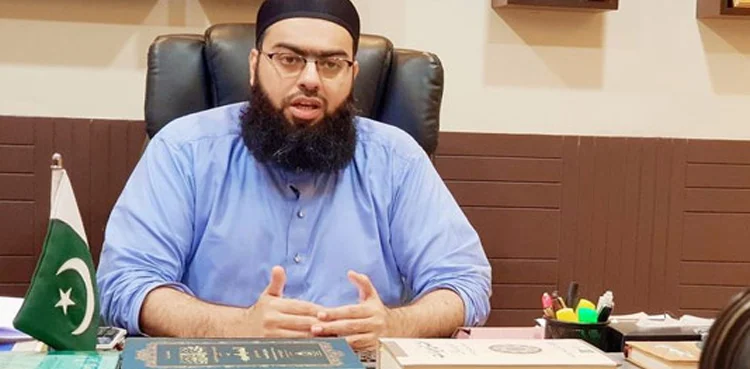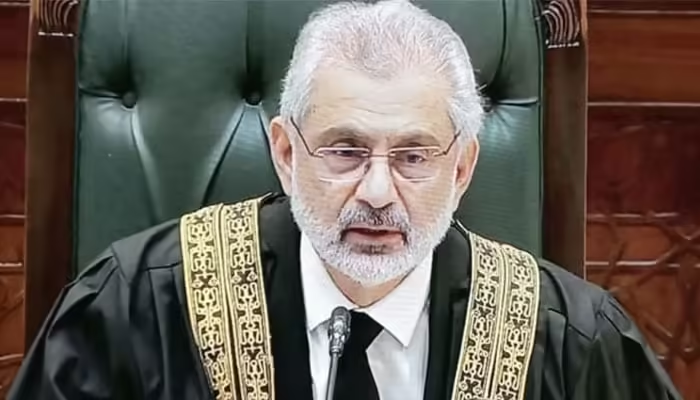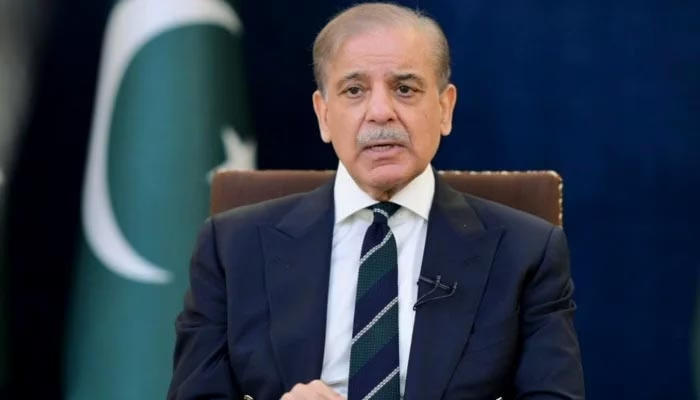Dr. Mufti Noman Naeem, a prominent religious scholar and the president of Jamia Banuria Alamiya, has strongly condemned the recent killing in Swat on charges of blasphemy. He emphasized that accusing someone of blasphemy and taking their life without proper investigation and evidence is impermissible in any circumstance. He called for a legal approach to such serious accusations instead of individuals taking the law into their own hands.
In his reaction to the tragic incident in Madin, Swat, where a tourist was brutally killed on the allegation of desecrating the Quran, Dr. Mufti Noman Naeem expressed deep regret. Speaking from the Haramain Sharifain, he highlighted that Islam is a religion of tolerance and does not sanction the killing of anyone based on mere accusations without thorough investigation and proof. He reiterated that in such situations, it is the duty of every individual to resort to the legal system rather than resorting to violence.
Emphasis on Legal Procedures
Dr. Mufti Noman Naeem stated unequivocally that while blasphemy is a grave offense in Islam and those found guilty should face appropriate punishment, it is solely the prerogative of the state to administer justice. The role of the judiciary and legal authorities is paramount in investigating accusations and determining guilt. He condemned the act of killing the tourist, suggesting that it was driven not by religious fervor but by personal vendetta. Such actions are against the teachings of Islam, which advocates for justice, patience, and due process.
Responsibility of the Religious Community and Government
The president of Jamia Banuria Alamiya stressed that the religious community has consistently condemned incidents where individuals take the law into their own hands. He called these actions un-Islamic and urged the government to ensure that justice is served. This involves not only bringing the perpetrators of such vigilante acts to court but also enforcing strict penalties for those who bypass legal channels and commit such crimes.
Dr. Mufti Noman Naeem’s condemnation comes at a time when there is growing concern over the misuse of blasphemy accusations in Pakistan. These accusations often lead to mob violence and extrajudicial killings, reflecting a severe breakdown of law and order. The scholar’s stance underscores the need for a robust legal framework and public awareness to prevent the misuse of blasphemy laws and to protect individuals from false accusations and mob justice.
Advocating for Legal Reforms and Public Education
Dr. Mufti Noman Naeem’s statement also calls for broader legal reforms to address the issue of blasphemy accusations and their violent consequences. He suggested that the state should take proactive steps to educate the public about the proper legal channels for addressing such accusations. Public education campaigns could help mitigate the risk of mob violence and promote a culture of patience and reliance on the judicial system.
Moreover, Dr. Mufti Noman Naeem urged religious leaders and scholars to play an active role in educating their communities about the dangers of taking the law into their own hands. By promoting a message of tolerance and the importance of legal processes, religious leaders can help prevent future incidents of vigilante justice.
The killing in Swat has once again highlighted the urgent need for a comprehensive approach to dealing with blasphemy accusations in Pakistan. Dr. Mufti Noman Naeem’s strong condemnation of the incident and his call for legal recourse reflect a critical perspective that balances religious beliefs with the principles of justice and the rule of law. His remarks serve as a reminder that Islam, as a religion of peace and tolerance, advocates for due process and the protection of all individuals from unjust treatment. It is now incumbent upon the government, religious leaders, and civil society to work together to ensure that such tragic incidents do not recur and that justice is upheld in every case.



